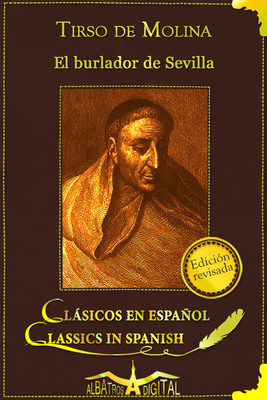Lately I’ve been really busy reading for and writing my senior thesis on the development of women’s voice through Hispanic literature.
Since I haven’t been doing much leisure reading, I will be posting about the books I read for my thesis, which are all classic pieces of literature.
The first was “El Burlador de Sevilla,” or “The Trickster of Seville,” by Tirso de Molina. The play is set in fourteenth century Spain and is a striking commentary on the society in which Molina lived.

“The Trickster of Seville” is the advent of the Don Juan persona–the ever-cheating man who does nothing but take advantage of innocent women.
In this play, Don Juan tricks four women into sleeping with him before he meets his death.
The important part of this play is the fact that throughout being cheated, all of the women have no voice and don’t say anything. This is a testament to the society of the times that basically prohibited women from speaking.
The only woman who does speak about being cheated is Thisbe, a fisherwoman, but she only speaks to herself. What good is it to speak out if no one can hear you?
With this play, and particularly the ending of this play, Molina sent a clear message: that cheating is wrong, and those who take advantage of others will be punished.
“The Trickster of Seville” is not too long and a rewarding read.